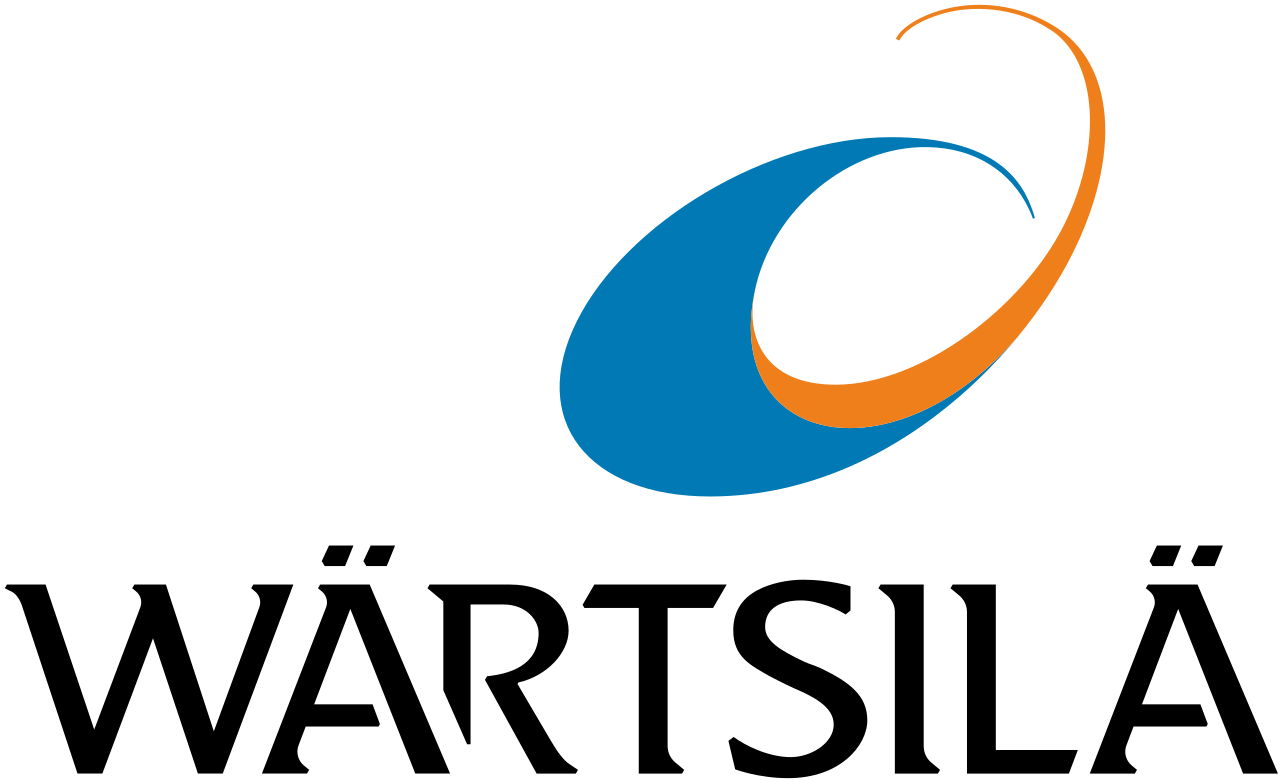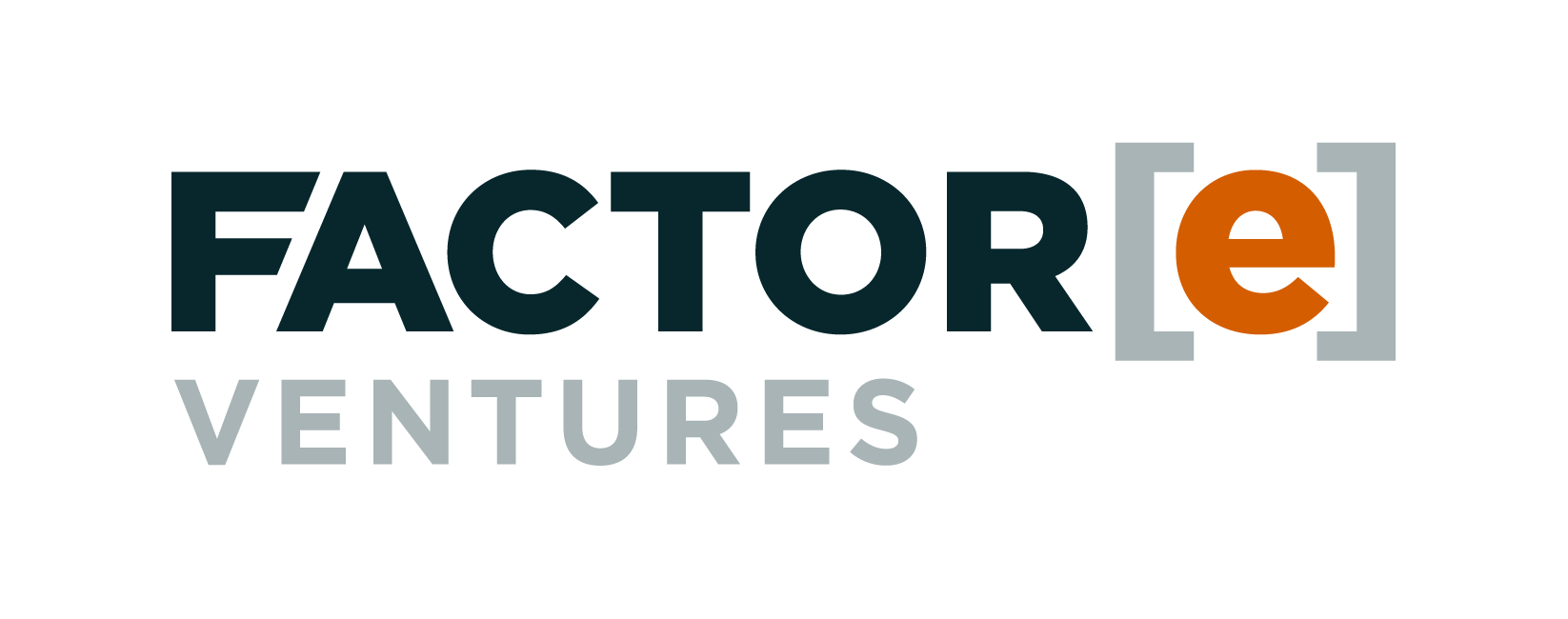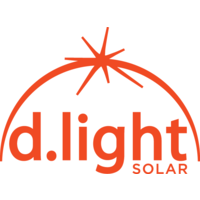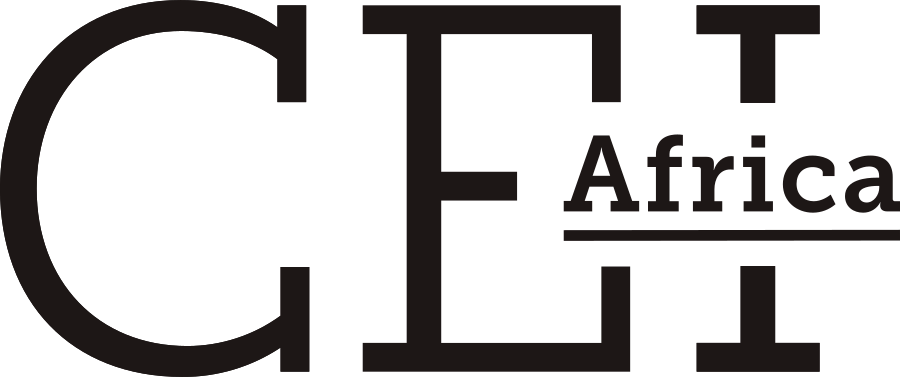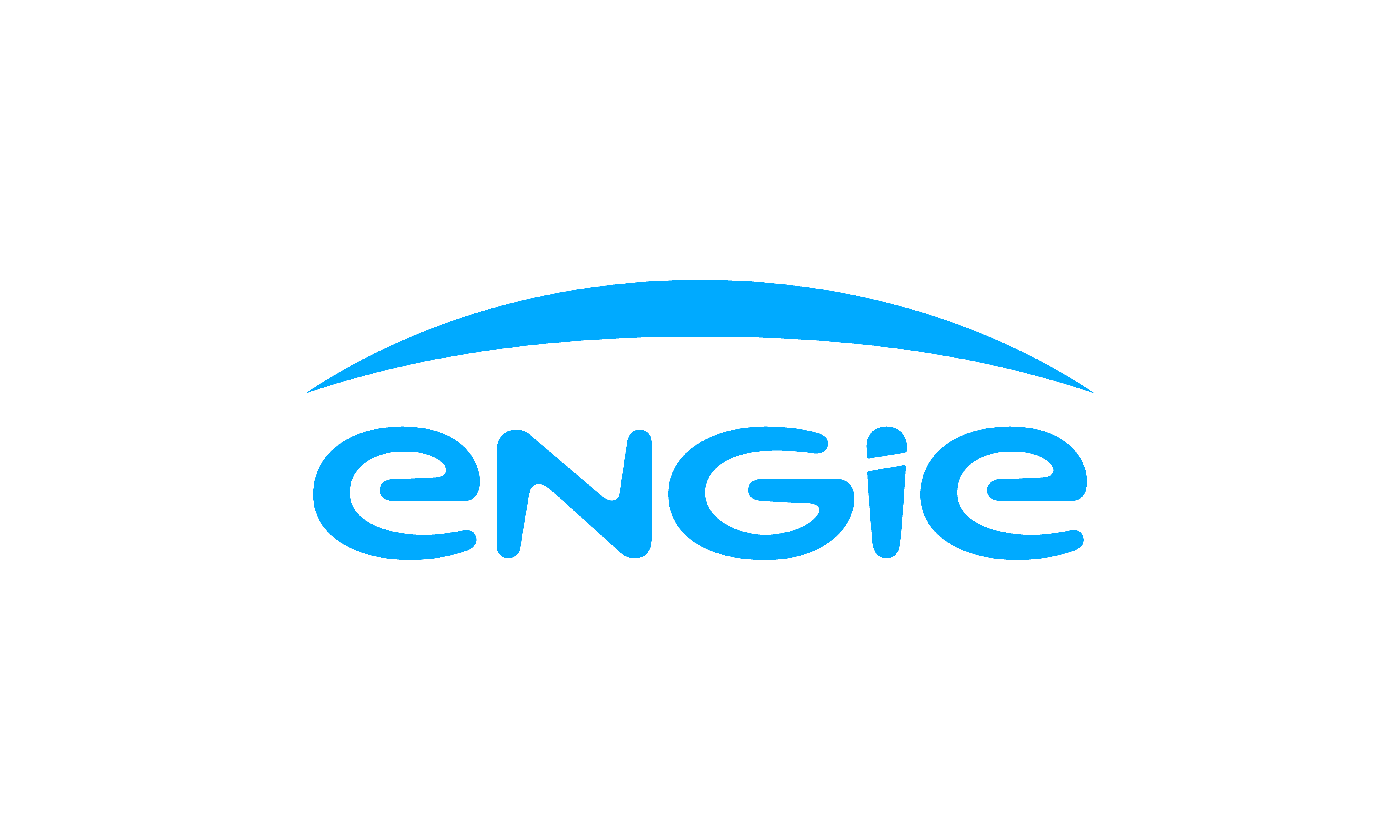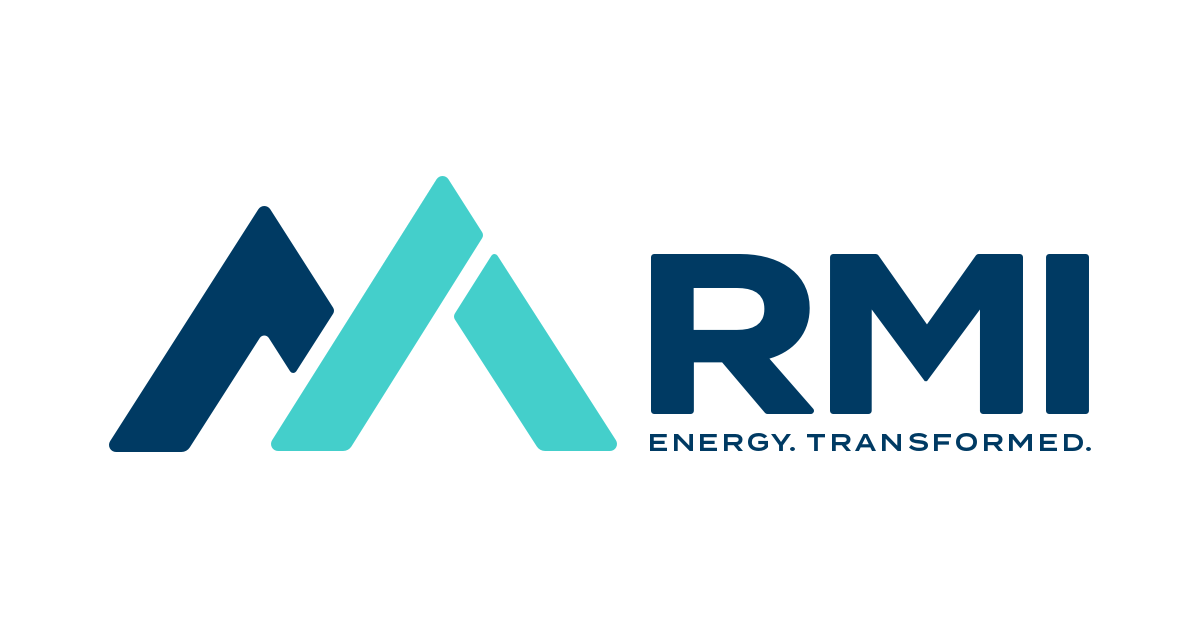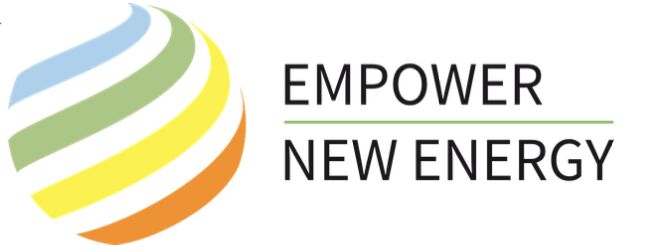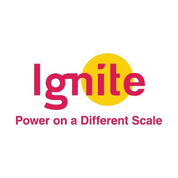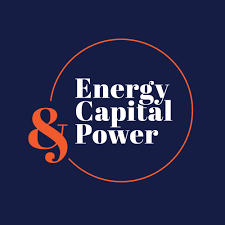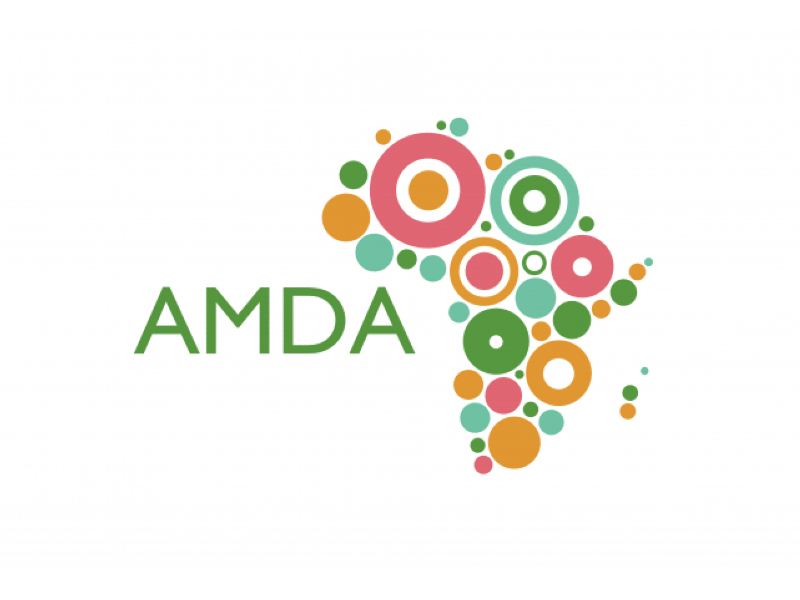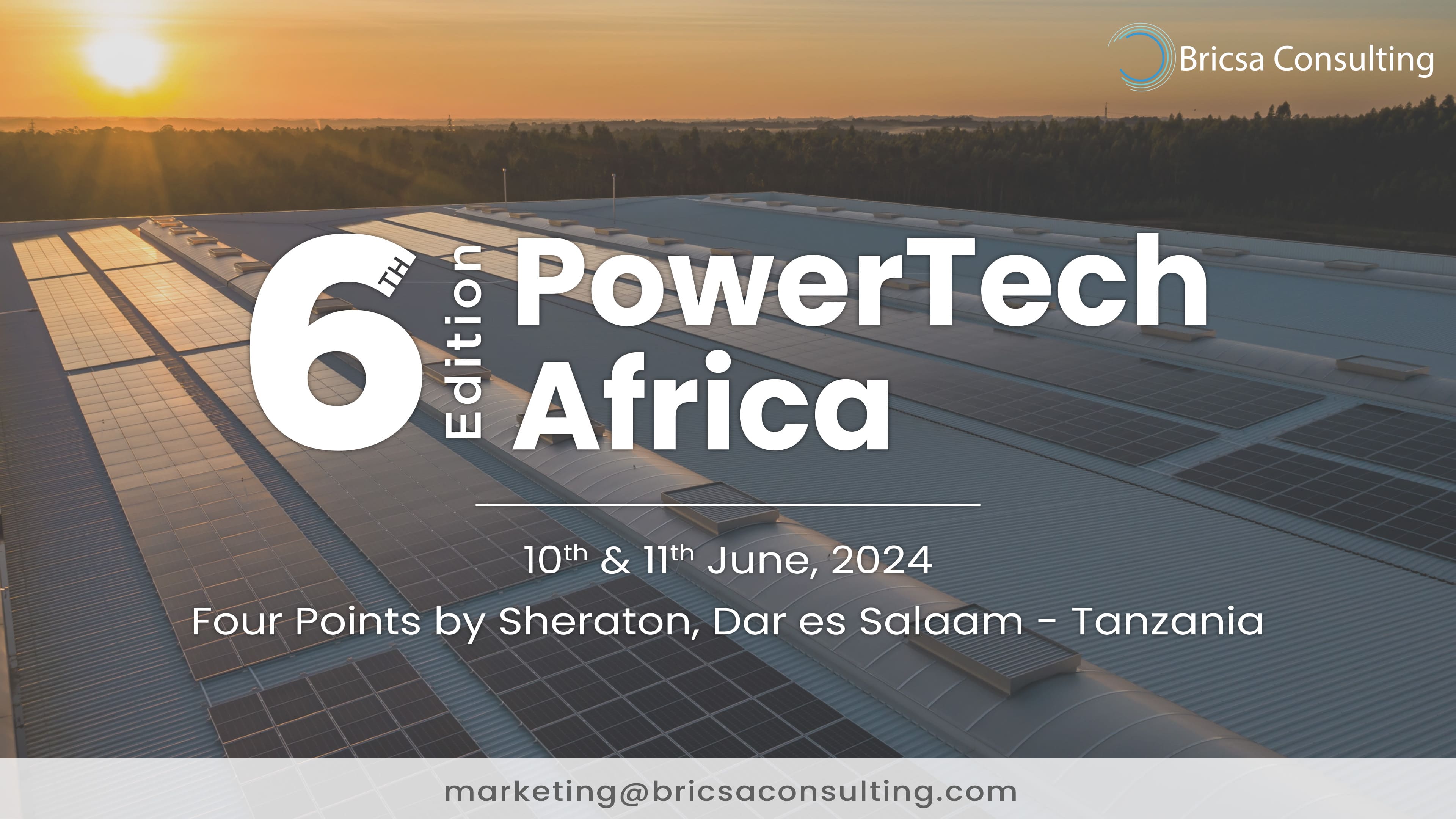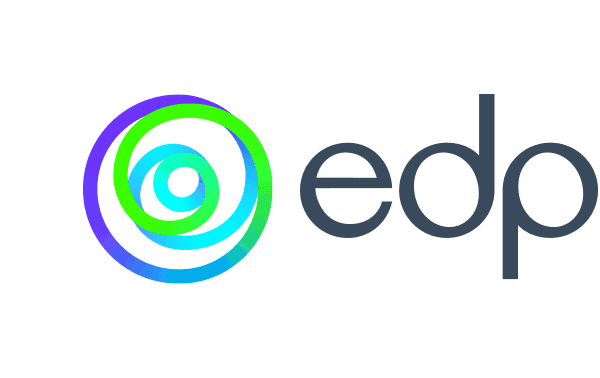10 July 2024: Cultiver Group (www.cultivergroup.co.za), a Cape Town-based sustainability consultancy, today launched ENGAGE!, a community engagement platform that ensures authentic inclusivity and minimises social risk for large scale renewables, mining and other infrastructure projects. After one year of successful pilot implementations for global clean energy leader, Enel Green Power’s 147 MW Karusa and 147 MW Soetwater Wind Farms, the solution is now available for wider rollout to large-scale project developers and mines in South Africa and the rest of southern Africa.
“While mining, renewable energy, and infrastructure projects are vital for economic development and community upliftment, marginalised communities often remain excluded from the benefits of these projects and are vulnerable to potential negative impacts,” said Fezeka Stuurman, CEO of Cultiver Group.
“In turn, mismanaged or insufficient community engagement is a leading cause of project-related social unrest, project delays, development and construction delays and profit losses for project owners. ENGAGE! bridges the gap between large public and private projects and local communities, ensuring that projects advance in a manner that is truly inclusive, just, and socially responsible.”
The tech-supported ENGAGE! platform offers a toll-free number and trained community ambassadors through which community members can voice project-related concerns, challenges, or inquiries in any of the 11 official languages. In developing the platform, Cultiver Group drew from more than a decade of experience working on-the-ground with communities and providing innovative and impactful solutions to social challenges for clients, including Enel, Scatec, Implats and Conservation SA, among others.
The pilots show that the platform enhances project and community interactions significantly. It raises community awareness of project benefits, such as job creation and sustainable development, while also improving relationships between all project stakeholders, including communities, project owners, and local organisations like municipalities and nonprofits. This fosters improved engagement on all project-related matters, enhancing overall project execution and community satisfaction.
Additionally, by acting as both an advocacy and information-sharing tool, ENGAGE! reduces social risk and opens up opportunities for community members. It equips project owners with actionable insights that enhance social impact, enterprise development, and ESG initiatives. This holistic approach bolsters relationships with existing stakeholders and also attracts new partnerships, thereby strengthening the social fabric around large infrastructure projects.
“At the Laingsburg Thusong Centre we know the importance of serving the needs of rural communities, building connections and giving a voice to individuals who might be unheard, in order to promote the resilience and prosperity of the community. The ENGAGE! platform has provided the community with great support and indispensable resources, narrowing the gap and strengthening the relationship between communities and infrastructure project owners to help advance economic development efforts,” said Shirene Gouws, Senior Clerk, Thusong Centre, Laingsburg.
“ENGAGE! is an innovative tech-supported platform that really excites me. By enabling the real-time lodging of information and grievances, it can strengthen project owners’ relationships with communities and complement engagement strategies in natural resource-based businesses for better social performance,” said Dr. Holle Wlokas, Co-founder & Managing Director, Initiative for Social Performance in Renewable Energy (INSPIRE), NPC.
###
About ENGAGE!: The ENGAGE! platform offers several innovative features designed to ensure comprehensive community support and effective communication between project developers and local communities. Available at no cost to host communities, the platform operates a toll-free number, accessible from Monday to Friday, 08:30 to 16:30, allowing community members to voice concerns, challenges, or inquiries. Community members can communicate in any of the 11 official languages, ensuring inclusivity and accessibility.
Adhering to ISO principles, ENGAGE! guarantees transparency, fairness, and integrity in all interactions. Additionally, the platform employs specially trained ambassadors who are embedded within the communities to act as liaisons, enhancing effectiveness. These ambassadors help to maintain a secure, unbiased, and inclusive communication channel. For project owners, ENGAGE! provides reliable, evidence-based insights through regular community engagement reports, which aid in proactive and informed decision-making. Furthermore, the platform ensures that urgent matters are immediately escalated through appropriate channels, helping to minimise risks and build trust within the community.
About Cultiver: Cultiver is a sustainability consulting and advisory house that works with private and public sector projects to create sustainable, equitable, innovative solutions to community-related challenges. With a focus on the inclusion of underserved communities, primarily in the Just Energy Transition, through stakeholder engagement, community and enterprise development, capacity building, research and advisory services, Cultiver clients include mines, independent power producers, nonprofits, and financial and academic institutions.





